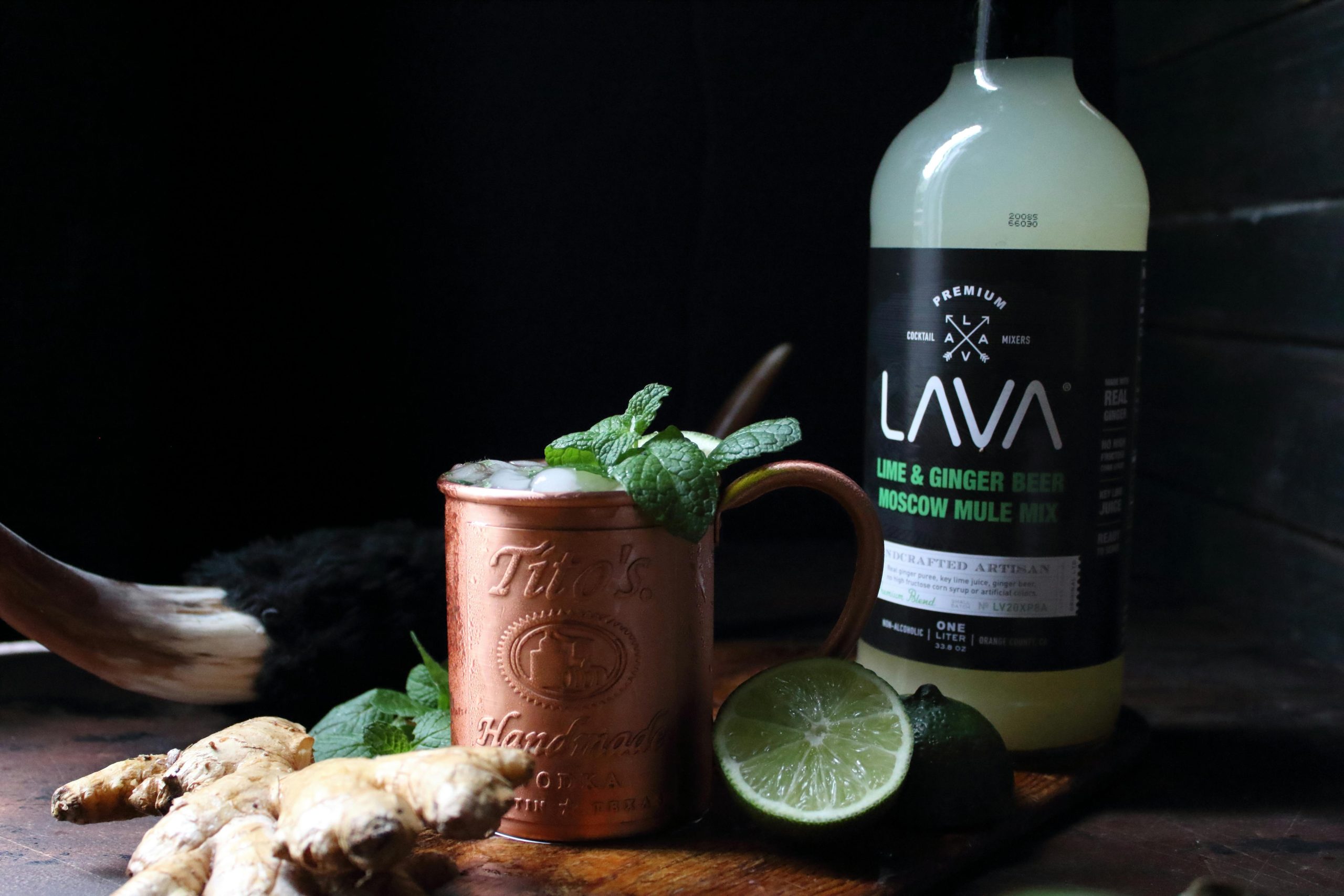In today’s health-conscious world, the quest for gluten-free options extends beyond food to include a wide range of beverages. Among these, ginger beer holds a special place for those seeking both flavor and dietary compatibility. But is ginger beer gluten-free? Let’s explore the facts and shed some light on this popular beverage.
Table of Contents
Understanding Ginger Beer
Ginger beer, with its distinctive spicy flavor, is a fascinating beverage that traces its origins back to the 1700s in Yorkshire, England. It gained prominence amidst the colonial spice trade.
It was initially crafted by combining ginger, sugar, water, and sometimes lemon and/or cream of tartar. This concoction was left to ferment, creating a bubbly, slightly alcoholic drink. The drink’s popularity soared, leading to the development of both alcoholic and non-alcoholic versions. Alcoholic ginger beer was traditionally made with fermented molasses or sugar, enhancing its alcohol content. Non-alcoholic versions were less potent or completely devoid of alcohol.
The invention of ginger beer is attributed to Thomas Joseph Cantrell, an Irish apothecary and surgeon, in Belfast, Ireland, during the 1850s. Cantrell’s creation, combining ginger root, lemon juice, and sugar, quickly gained popularity across Europe. This historical beverage has evolved over time, with modern manufacturers producing mass-marketed soft drinks flavored with ginger extracts. Although these lack the authentic flavor of traditional ginger beers.
The name and confusion around it
Ginger beer’s name might be misleading, as it is not beer in the traditional sense. It’s brewed with a starter culture and historically had an alcohol content of around 11%. The term “beer” in its name comes from its brewing process, which was somewhat similar to that of traditional beer, though it doesn’t contain malted grains or hops.
Today, ginger beer enjoys global popularity and consumers love it due to the unique taste it brings to the palate. It remains a key ingredient in cocktails like the Moscow Mule and Dark ‘N’ Stormy, thanks to its zesty flavor profile. Its versatility has made it a staple in pubs, bars, and homes around the world, where it continues to be enjoyed in both its alcoholic and non-alcoholic forms.
For those interested in crafting their own ginger beer, the process involves fermenting a mixture of water, sugar, and ginger, sometimes with lemon juice, using either traditional methods with a ginger beer plant (GBP) or a simpler yeast-based starter known as a “ginger bug.” This fermentation process not only produces a unique flavor but also creates a slightly alcoholic drink if not heated to reduce its alcohol content.
The Gluten-Free Query
Gluten is a protein found in wheat, barley, and rye, and it poses dietary restrictions for people with celiac disease or gluten sensitivity. While gluten is commonly associated with food, it can also lurk in beverages, making the gluten content of your drinks a concern.
Is Ginger Beer Gluten-Free?
Ginger beer, despite its name, is generally a non-alcoholic beverage that serves as a popular cocktail mixer. he primary ingredients in traditional ginger beer include sparkling water, sugar, and either fresh ginger or ginger flavoring, making it a naturally gluten-free option. Nevertheless, it’s important to exercise caution, as production methods can vary, and some brands might produce ginger beer on equipment shared with gluten-containing beverages. Always check labels and look for certified gluten-free labels if you have a gluten intolerance or celiac disease.
The process of making ginger beer does not involve grains like barley or wheat. Instead, it comprises of ginger spice, yeast, and sugar, undergoes a fermentation process. This process traditionally yielded a slightly alcoholic drink, though most commercial versions today contain less than 0.5% alcohol, effectively classifying them as non-alcoholic by most standards.
As with any packaged beverage, formulations can vary, and additives or processing aids used in the production of ginger beer may contain gluten. Thus, while ginger beer is inherently gluten-free, it’s crucial to verify each product’s gluten status, especially for those with heightened sensitivity to gluten.
Commercial Ginger Beers: A Closer Look
Some popular ginger beer brands that are considered safe for people with celiac disease or gluten sensitivity include Cock ‘n Bull, Zevia Mixer, Old Jamaica, Crabbie’s (notably the only alcoholic option mentioned here), Brooklyn Crafted, Barritt’s Original, and Fever-Tree Premium. These brands either use natural ginger or simulate ginger flavoring with other natural ingredients, offering options for those seeking gluten-free beverages.
Homemade Ginger Beer: Control Over Ingredients
For those who prefer a DIY approach, homemade ginger beer offers complete control over the ingredients. By using fresh ginger, lemon juice, sugar, and gluten-free yeast, you can create a delicious, naturally gluten-free beverage.
Important Considerations When Choosing Ginger Beer
When selecting a ginger beer, always check the label for gluten-free certification. Be mindful of cross-contamination risks, especially in products manufactured in facilities that also process gluten-containing items.
Conclusion
Ginger beer is generally a safe choice for those following a gluten-free diet, provided you choose brands that are certified gluten-free or make it yourself with appropriate ingredients. Always be vigilant about reading labels and understanding the manufacturing process to ensure your ginger beer is truly gluten-free. Embrace the spicy, refreshing taste of ginger beer, knowing you’re making a choice that fits your dietary needs.
Frequently Asked Questions (FAQ)
1. Can ginger beer ever contain gluten?
Yes, if brewed with gluten-containing ingredients or subject to cross-contamination.
2. Are there any gluten-free ginger beer brands?
Yes, many brands like Fever-Tree and Bundaberg offer gluten-free options.
3. Can I make ginger beer at home that’s gluten-free?
Absolutely! With the right ingredients, homemade ginger beer can be a safe, gluten-free option.

